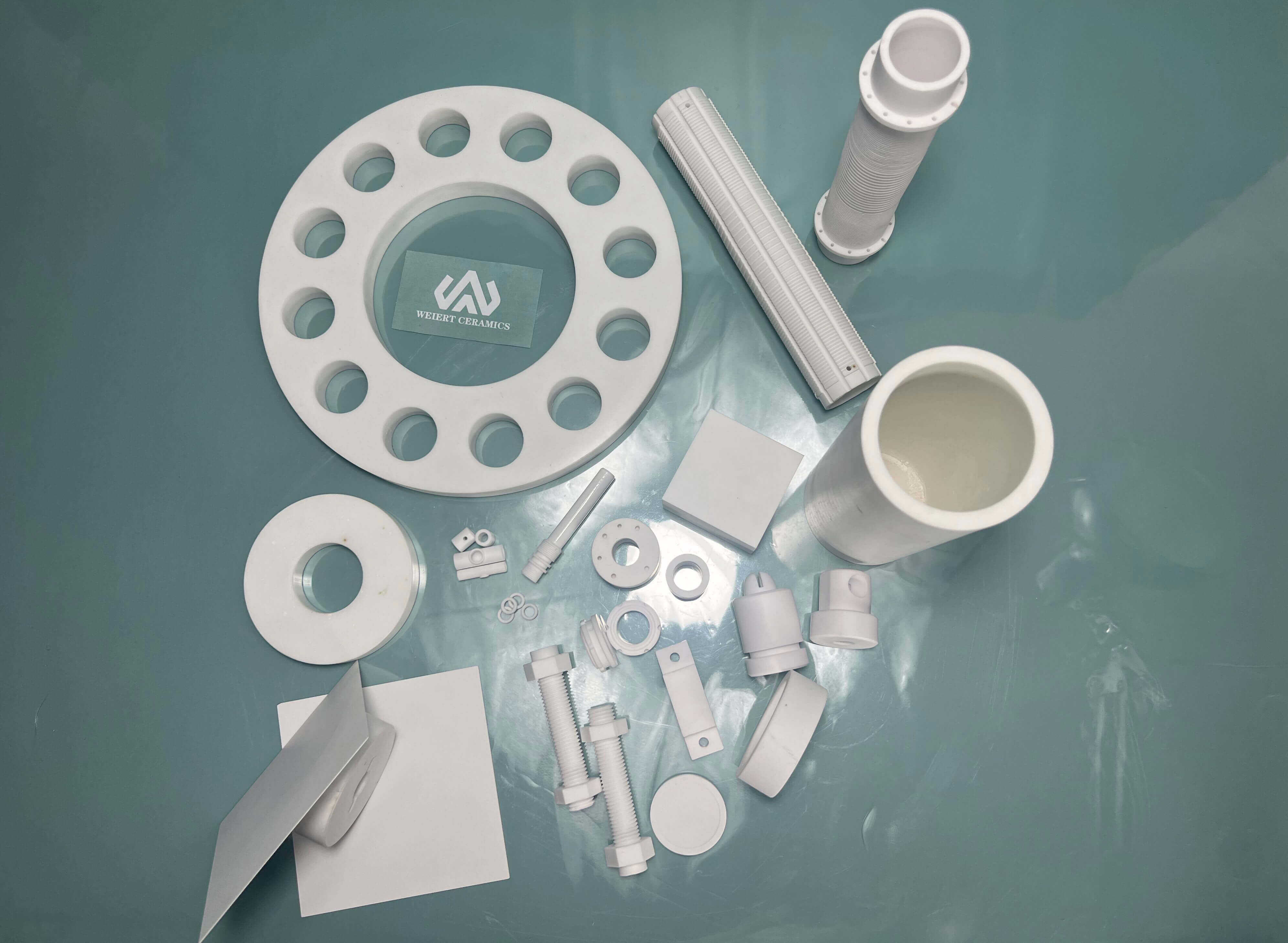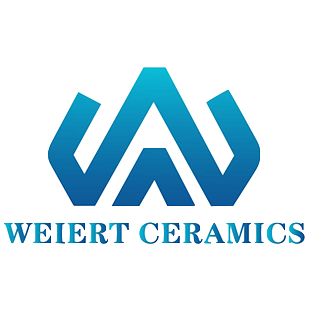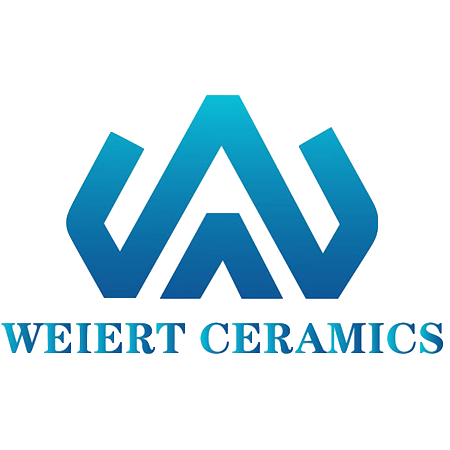The higher the purity of alumina ceramics-95%, the greater their mechanical strength, corrosion resistance, electrical insulation, and thermal stability.
It is one of the most widely used and well-known precision ceramic materials. It exhibits excellent mechanical strength, electrical insulation properties, low dielectric loss, thermal conductivity, and high resistance to heat, wear, and corrosion. The advantages of alumina ceramics and their application industries are outlined below:
Performance and Properties of 95% Alumina Ceramic :
| characteristics | Value | characteristics | Value |
|
Sintered Density (1680℃,2h) |
3.72 g/cm³ | permeability | 0 |
| Water Absorption | 0 | Weibull Modulus | 7-8 |
| Hardness,Mohs | 9 | Flexural Strength | 300 Mp |
| Tensile Modulus | 320 GPa | Compressive Strength | 2400 Mp |
| Poissons Ratio | 0.22 | Fracture Toughness | 4.00 MPa·m½ |
|
Volume Resistivity (400℃) |
>= 1.00e+12 ohm-cm | Dielectric Strength | 10 - 20 kV/mm |
|
Dielectric Constant (le+6 Hz) |
9.5 |
Dielectric Loss Index (9.00e+9 Hz 0.0010) |
0.001 |
|
CTE,linear (20.0-400°C) |
7.50 μm/m-℃ |
CTE,linear (20.0-1000°℃) |
8.1 μm/m-℃ |
| Specific Heat Capacity | 0.880 J/g-°C | Thermal Conductivity | 25.0 W/m-K |
|
Max.Service Temp.Air |
1450℃ | Max.Service Temp.Inert | 1450℃ |
Application Industries
- Electronics and Electrical Industry: Used in the manufacture of insulators, substrates, electronic components, and circuit boards.
- Mechanical Manufacturing: Used to produce wear-resistant parts, cutting tools, and mechanical seals.
- Aerospace: Utilized in high-temperature structural materials and turbine engine components.
- Chemical Industry: Employed in chemical reactor linings, pump components, and valves.
- Medical Equipment: Used in the manufacture of bioceramics, such as artificial joints and dental implants.
- Automotive Industry: Applied in oxygen sensors and high-performance engine components.
Inquiry
Contact Us
No Minimum Order Quantity Requirements.

 EN
EN
 AR
AR
 HR
HR
 CS
CS
 DA
DA
 NL
NL
 FI
FI
 FR
FR
 DE
DE
 EL
EL
 HI
HI
 IT
IT
 JA
JA
 KO
KO
 NO
NO
 PL
PL
 PT
PT
 RO
RO
 RU
RU
 ES
ES
 SV
SV
 CA
CA
 TL
TL
 IW
IW
 ID
ID
 LV
LV
 LT
LT
 SR
SR
 SK
SK
 SL
SL
 UK
UK
 VI
VI
 TH
TH
 TR
TR
 FA
FA
 AF
AF
 MS
MS
 GA
GA

